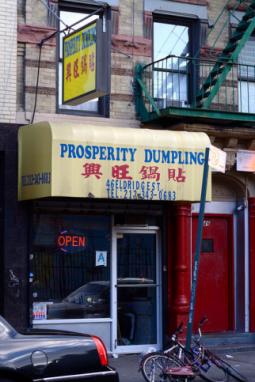
An evening with Bob Jene to compare the Georgist fiscal reform to the TARP bailout, “Fair Tax,” Flat Tax, Bush tax cuts and government money creation. A gist of each proposed or attempted solution to the “great recession” will be given including QE I, QE II and QE III. Attendees will rank the proposed remedies on a scale of 1 to 10 based on 8 criteria.
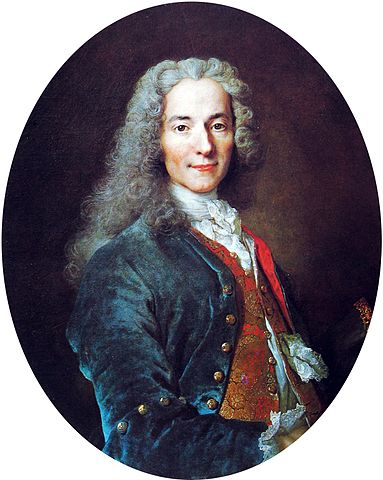
America’s only Political Economy Book Club discusses Candide, Voltaire’s 1759 masterpiece that ridicules religion, theologians, governments, armies, philosophies and philosophers through allegory. As Jean Starobinski notes,”The fast-paced and improbable plot—in which characters narrowly escape death repeatedly, for instance—allows for compounding tragedies to befall the same characters over and over again.”
It’s only a hundred pages or so depending on the translation and format, and is available in English translation free from Project Gutenberg (in several formats) as well as from the Internet Archive, where there is also an audiobook.
PEBC coordinator Bob Matter would appreciate an RSVP, if possible, from those planning to attend.
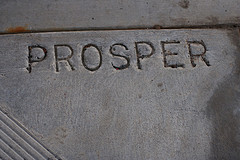
An evening with Bob Jene to compare the Georgist fiscal reform to the TARP bailout, “Fair Tax,” Flat Tax, Bush tax cuts and government money creation. A gist of each proposed or attempted solution to the “great recession” will be given including QE I, QE II and QE III. Attendees will rank the proposed remedies on a scale of 1 to 10 based on 8 criteria.
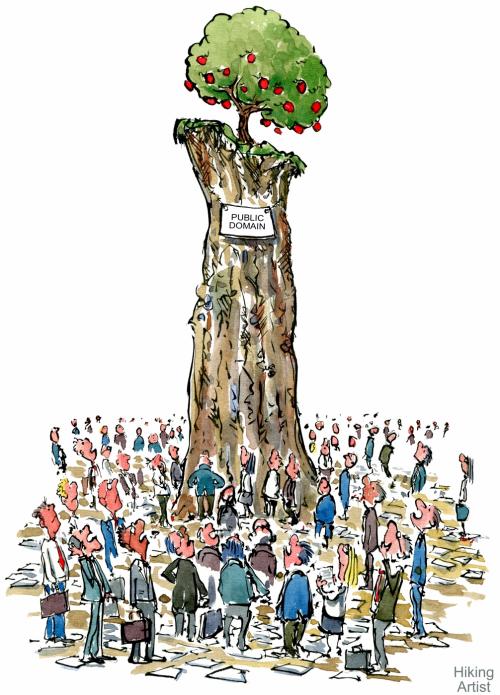
We didn’t have time for all the videos he wanted to show last time, so Chuck Metalitz is doing it again: A marathon (well, four hours or so) of animations, lectures, documentaries, and other formats, from America, Canada, Australia, Britain, and maybe a few others, including people we do not necessarily identify as Georgists. Most of these are about three to fifteen minutes, with longer ones represented by extracts. You’re welcome to stop by any time during the show; do not feel obligated to attend the entire session.
Just about all of these videos are intended for an audience not familiar with Henry George or, in many cases, not even conscious of political economy. That probably describes some of your friends or professional colleagues, so bring them along.
We will have some sort of light refreshments. The event is free, with donations welcome. Also welcome are suggestions for relevant videos which we might not be aware of.
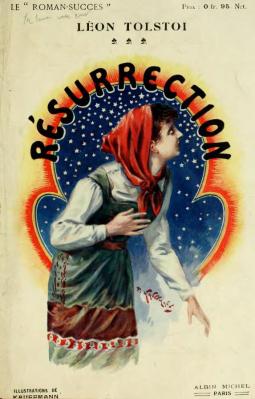 Resurrection (1899)
Resurrection (1899)
By Leo Tolstoy
This late 19th-century novel about nobleman Dmitri Ivanovich Nekhlyudov’s efforts at redemption after a life of sin is Tolstoy’s last major novel before his death in 1910. The readers will have a complex relationship with the tormented protagonist and his desperate attempts at redemption and forgiveness, since Nekhlyudov’s misguided decisions and youthful errors are often not so dissimilar from our own. Resurrection is a scathing exposition of the myriad prejudices of the man-made justice system and the hypocrisy of the establishment, while it also explores the economic philosophy of Georgism – of which Tolstoy had become a strong advocate toward the end of his life. [from the Culture Trip]
Political Economy Book Club discussions are open to everyone interested, without charge, and the text (in English translation) is available free from various sources including archive.org, who also offer a free audiobook. There is also a more recent translation by Anthony Briggs, which can be purchased or licensed in various formats and is available in some public libraries. Any questions about the PEBC may be directed to Convenor Bob Matter,
More information about this six-session course is here. and here. This section of the course is free but you should preregister.

Join us in celebrating Income Tax Appreciation Day. This page will be updated with specifics of our celebration as we figure out how best to do it.
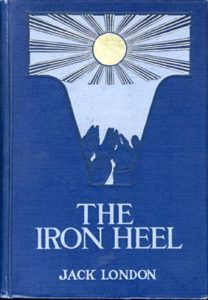 Bob Matter’s Political Economy Book Club is reading Jack London’s dystopian novel The Iron Heel. On June 25 we’ll discuss chapters 1-13, and on July 23 chapters 14-25. This 1908 text is available free from Project Gutenberg, in hardcopy from some public libraries, or as an audiobook. You can buy used hardcopies for < $10 from several vendors.
Bob Matter’s Political Economy Book Club is reading Jack London’s dystopian novel The Iron Heel. On June 25 we’ll discuss chapters 1-13, and on July 23 chapters 14-25. This 1908 text is available free from Project Gutenberg, in hardcopy from some public libraries, or as an audiobook. You can buy used hardcopies for < $10 from several vendors.
We’ll meet at the East Loop location of Bridgeport Coffeehouse, 73 E Jackson Blvd.
 Bob Matter’s Political Economy Book Club concludes its discussion of Jack London’s dystopian novel The Iron Heel. On July 23 we treat chapters 14-25.
Bob Matter’s Political Economy Book Club concludes its discussion of Jack London’s dystopian novel The Iron Heel. On July 23 we treat chapters 14-25.
We’ll meet at the east loop location of Bridgeport Coffee, 73 E Jackson.
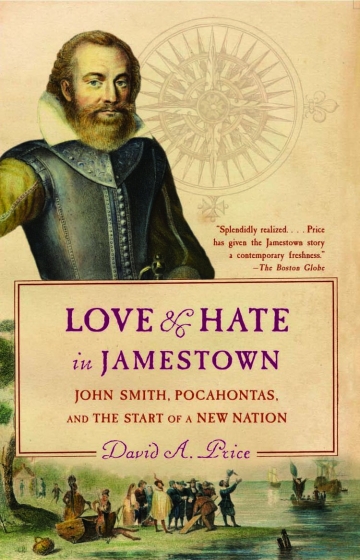 “In 1606, approximately 105 British colonists sailed to America, seeking gold and a trade route to the Pacific. Instead, they found disease, hunger, and hostile natives. Ill prepared for such hardship, the men responded with incompetence and infighting. Only the leadership of Captain John Smith averted doom….” (from the book jacket).
“In 1606, approximately 105 British colonists sailed to America, seeking gold and a trade route to the Pacific. Instead, they found disease, hunger, and hostile natives. Ill prepared for such hardship, the men responded with incompetence and infighting. Only the leadership of Captain John Smith averted doom….” (from the book jacket).
